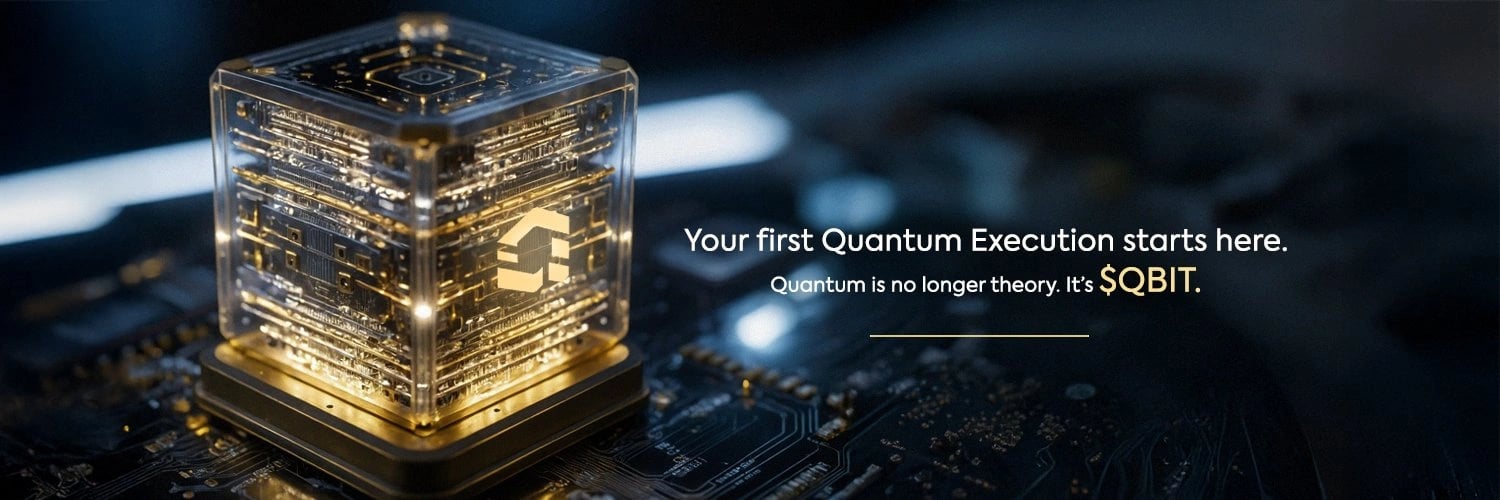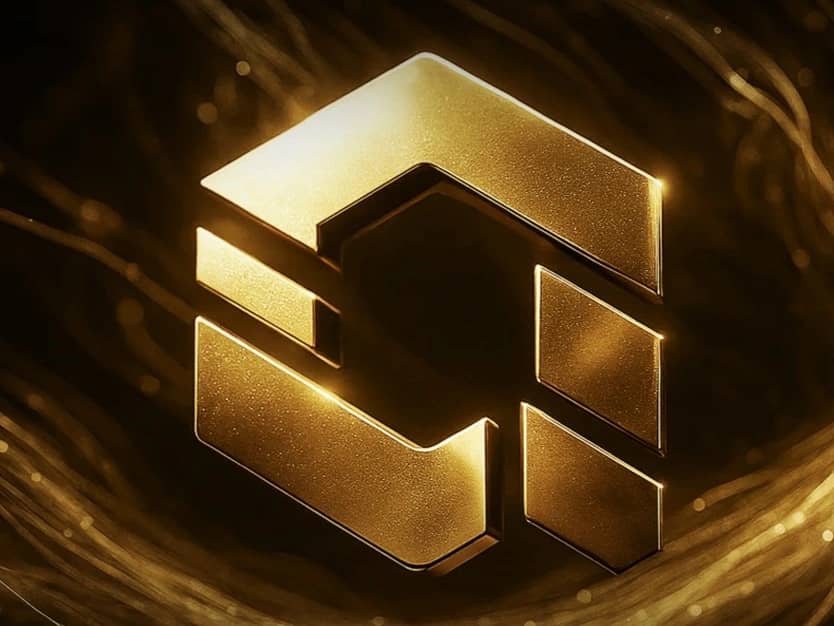订阅 wiki
Share wiki
Bookmark
Qubit
0%
Qubit
Qubit 是一个去中心化量子计算平台,旨在为 Web3 应用提供实时量子熵和处理能力。它旨在弥合量子硬件和 区块链 技术之间的差距,使开发人员能够将量子原生工具集成到 智能合约、协议和 去中心化应用程序 (dApps) 中。 [1]

概述
Qubit 将自己定位为量子计算的应用层,超越了传统的基于云的量子服务。该平台专注于创建一个无需许可的网络,量子逻辑(如纠缠和坍缩)可以直接用于计算。这种方法旨在利用熵作为一种资源,为去中心化网络中的数字安全、随机性和复杂问题解决提供一种新的范例。该项目强调使量子硬件对更广泛的开发者社区来说是可访问和可编程的,使其脱离学术和企业专属环境。 [1]
验证和审计
- KYC 验证 – 团队身份验证和背景调查通过 SolidProof 的 KYC 流程进行。
- 安全审计 – 进行了 智能合约 审计和协议审查,以识别和解决潜在的漏洞。
- 量子随机性审计 – 确认 QBIT 应用程序集成了真正的量子随机性,生成了源自量子现象的密码学安全熵。 [1]
用例

游戏和元宇宙
利用量子生成的随机性来实现不可预测和公平的游戏玩法、程序化虚拟世界创建、独特的 NFT 特征和动态非玩家角色 (NPC) 行为。
DeFi 和 DAO
支持后量子安全钱包、随机验证器选择、可验证的随机预言机和抗量子密码签名,以提高治理公平性和协议安全性。
安全
提供量子安全密钥生成、防篡改熵源、后量子数字签名和可验证的随机性证明,以加强对当前和未来量子威胁的保护。
产品
- QBIT Dock – 通过基于钱包的身份验证提供对量子处理单元 (QPU) 的访问。用户可以选择后端硬件、配置执行参数、提交量子作业、监控队列并接收链上执行收据。
- QBIT Craft – 一种可视化电路设计环境,支持拖放门构建、QASM 3 兼容编译、电路模板和导出到 QBIT Dock,以及保存和加载设计。
- QBIT Sim – 一种本地量子电路模拟器,提供逐步执行可视化、概率分布图、纠缠预览和调试工具,而无需使用 QPU 资源。
- QSKG 服务 – 生成密码学安全的、基于量子熵的密钥,旨在抵抗经典和量子攻击,应用于钱包安全、DAO 身份、智能合约 身份验证和熵验证。
- QRNG API – 提供源自量子测量的可验证随机性,用于游戏、彩票、密码学操作、预言机随机性馈送和公平协议执行。 [4]
现实世界应用
- 量子增强型 Web3 工具 – 提供 API,提供真正的量子熵,用于集成到智能合约中,从而实现可证明的公平 NFT 铸造、公正的游戏机制和量子安全密钥生成。
- 量子安全即服务 – 提供后量子安全解决方案,包括抗量子钱包集成、量子密钥分发 (QKD) 实验平台和加密工具包,用于 DAO 治理、去中心化基础设施网络和安全消息传递。
- 游戏和元宇宙应用 – 利用量子随机性进行程序化地形生成、公平的边玩边赚机制和不可预测的 NPC 行为,并由 SDK 和 API 支持,以便与主要游戏引擎和元宇宙平台集成。 [1]
路线图
QUBIT 正在通过分阶段开发来构建一个全面的量子计算平台。
- 基础阶段(当前): 专注于协议设计、品牌开发、核心团队组建以及与量子硬件提供商建立合作伙伴关系。
- 第一阶段 – 核心实用程序: 推出 QBIT Dock 和 QBIT Craft 可视化构建器,实现基本的量子作业执行。
- 第二阶段 – 量子集成: 引入量子安全密钥生成 (QSKG)、加密消息传递和高级安全功能。
- 第三阶段 – 开发者生态系统: 部署 SDK 和 API、第三方集成和社区开发者计划。
- 第四阶段 – AI 集成: 开发量子 AI 工具包、机器学习集成和混合量子-经典计算能力。 [4] [1]
代币经济学

QUBIT 代币 ($QBIT)
$QBIT 代币的流通、总供应量和最大供应量均为 10 亿个代币。其市值和完全稀释估值均为 8,969,049 美元,24 小时交易量为 123,256 美元。该代币用于访问量子计算服务、支付执行费用、参与治理,并与收入分享机制集成。QUBIT 平台上的所有量子计算租赁费用均以 以太坊 (ETH) 定价,从而实现透明的成本结构并与 以太坊 生态系统直接集成,而无需代币转换或其他费用。 [4] [1]
发现错误了吗?
